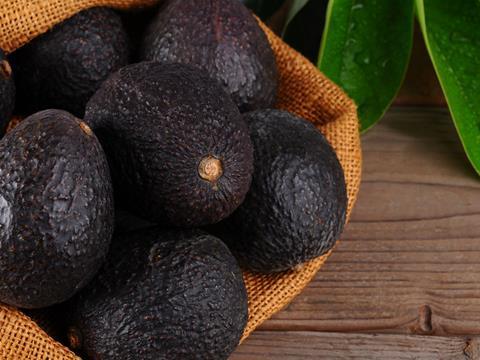
Nutrition isn’t black and white. We simply can’t divide pure, wholesome foods from the unnatural and (somehow) toxic. It’s not only foolish to draw these tribal lines down our dinner plates, it’s dangerous too – which is why Nigella Lawson is quite right to call attention to the ‘clean eating’ craze.
With beautiful poster girls like food blogger Ella Woodward and A-list actress Gwyneth Paltrow, it’s easy to see the appeal. Avocados mashed on toast and sprinkled with chilli flakes, hemp protein smoothies poured into kitsch Kilner jars and ‘cleansing’ spinach soup in vivid green. Picture perfect and sipped by gorgeous celebs with glowing skin… it’s easy to get sucked in.
But even if we set aside the skewed logic of resisting all processed foods (as restaurant critic Jay Rayner pointed out on Newsnight, ever since cavemen milled grain to get bread we’ve been processing our foods to make them more palatable) there’s a real danger that in labelling certain foods ‘clean’ we brand the remainder ‘dirty’.
If ever language encouraged guilt and shame about what we eat then it’s that word: ‘dirty’. The message for anyone that lapses from this militantly ‘clean’ diet is that they – like the ‘filthy food’ they indulged in – are somehow tainted. For anyone struggling with an eating disorder, or even people that suffer a difficult relationship with food, that message is hugely damaging. They’re already grappling with self-imposed restrictions and regimes; they don’t need anyone else imposing even more with punishing labels to boot.
American food blogger Jordan Younger (aka The Blonde Vegan) who spent months as a high-profile clean eating advocate, came clean with her 70,000 followers last year as she admitted the obsession had led to an eating disorder. At 24, Younger weighed 101 pounds (that’s 7st 2lb) and her hair was falling out thanks to strict juice cleanses and a raw vegan diet. Now, having relaxed her regimen, she admits: “I feel so much better, really healthy and balanced mentally”.
For the rest of us there’s the lesser, but still significant, risk that we simply fall out of love with our food. Carefully picking out the ‘clean’ foods hardly lends itself to that wonderful act of throwing the contents of your fridge into a frying pan and seeing what it makes. Or licking the icing out of the bowl. Or allowing yourself (now and again) to finish an entire pack of biscuits at the end of a long week. Yes, it must be in moderation, but to try and be good (and ‘clean’) all the time is setting us up for failure, and a much less enjoyable relationship with our food.
The food and drinks industry is understandably nervous about the growing anti-processed trend too. But instead of trying to hide the much-maligned processes it uses to create food with attributes consumers appreciate – such as long shelf life – it should face the challenge head on. Manufacturers could help curb the clean agenda by demystifying food production and stopping the scaremongers in their tracks.
Then we can all get back to enjoying our food, every last morsel of it. Younger herself puts it perfectly. “Now, nothing is off limits. I make healthy choices for my body and there is no label for that.”







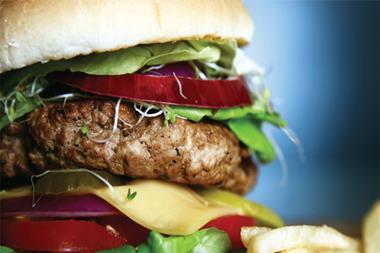
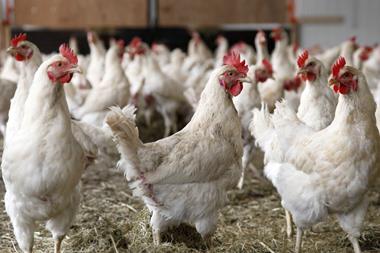
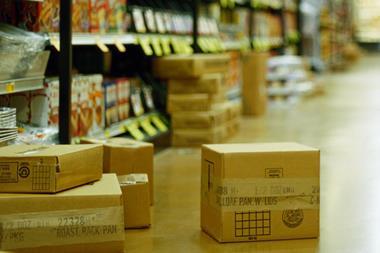
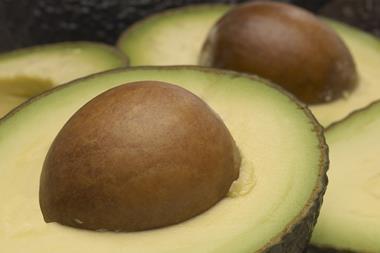
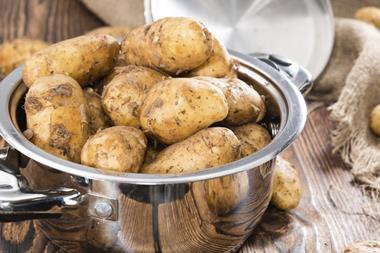







No comments yet